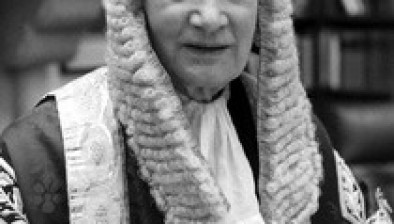England: Jury report calls for return of unanimous verdicts

At least 56 miscarriages of justice have occurred in England and Wales in which the jury was split, according to a charity that wants jury unanimity reintroduced.
A report by Appeal found that majority verdicts “arguably dilute the principle of reasonable doubt” and have enabled miscarriages of justice in cases including those of Andrew Malkinson, who was imprisoned for 17 years for a rape he did not commit.
Nisha Waller, a co-author of the research, said: “Had the jury unanimity requirement not been scrapped in 1967, Appeal client Andy Malkinson might have been spared more than 17 years of imprisonment.
“Two of Andy’s jurors were not convinced he was guilty, but their doubts were dismissed. The courts and the CCRC [Criminal Cases Review Commission] need to tally up how many overturned convictions and cases under their review involved jurors voting ‘not guilty’ so we can examine the impact on miscarriages of justice.”
Majority verdicts, which permit two jurors out of 12 to dissent, or one if there are 10 or 11 jurors, make up about 15 per cent of convictions in the Crown Court per year.
Previous research by Appeal found that majority verdicts were introduced in criminal trials in part to dilute the influence of ethnic minority and working class jurors.
Ms Waller said: “Jurors are the only decision-makers in the criminal justice system not subject to research. Even when jurors have raised concerns about racism and prejudice in deliberations, the courts have refused to investigate this. Juries are a vital component of the criminal justice system. How they function can be improved – but not if they are exempt from scrutiny.”
The Ministry of Justice said studies had indicated that jury trials provided fair and impartial results, adding: “While jurors are directed that their verdict must be unanimous at the start of any case, independent judges may decide to accept a majority decision where this is in the interest of justice.”









